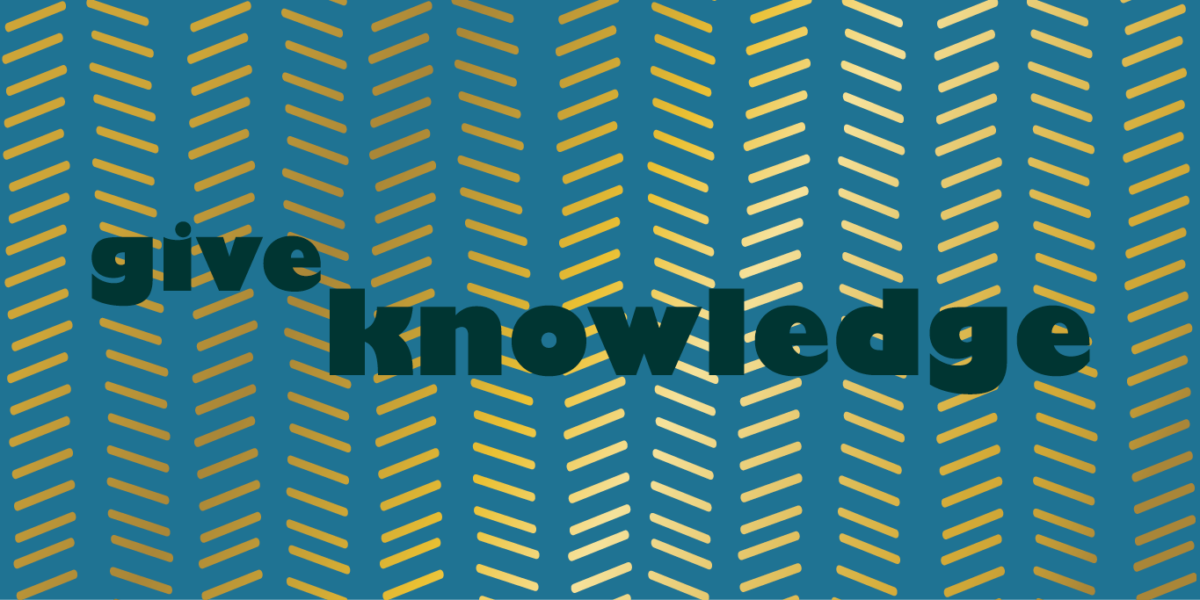The seventh instalment of Read Local BC’s nine-part gift guide series
Part 1: Books to Relax With
Part 2: Reading for Pleasure
Part 3: Get Creative
Part 4: Books to Inspire
Part 5: Entertainment, Unplugged
Part 6: Stories for Sharing
We bet there’s one on your gift list: a person who seems to know a little about everything, or everything about one thing in particular. Whether they can name every tree in the forest or every word in Frank Zappa’s liner notes, for these types, the knowledge is only half the fun. Learning something new is the exciting part!
This list is for the MVP of your pub trivia team, the kid whose questions stump you on a daily basis, or the friend who actually uses the word “whom.”
Knowledge is Power
Nonfiction for learners of all ages.
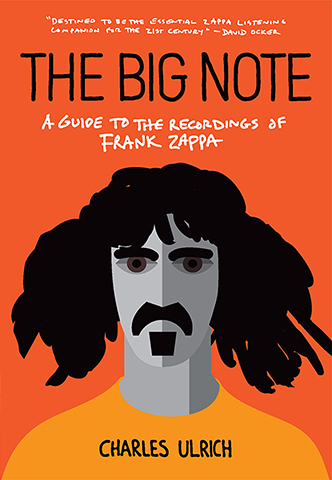
The Big Note: A Guide to the Recordings of Frank Zappa by Charles Ulrich (New Star Books).
Based on careful listening to authorized and unauthorized recordings, and drawing on hundreds of interviews, letters, and e-mail interviews with scores of musicians, singers, engineers, artists, copyists, and others who worked with Zappa, The Big Note is the complete guide to the music of Frank Zappa.
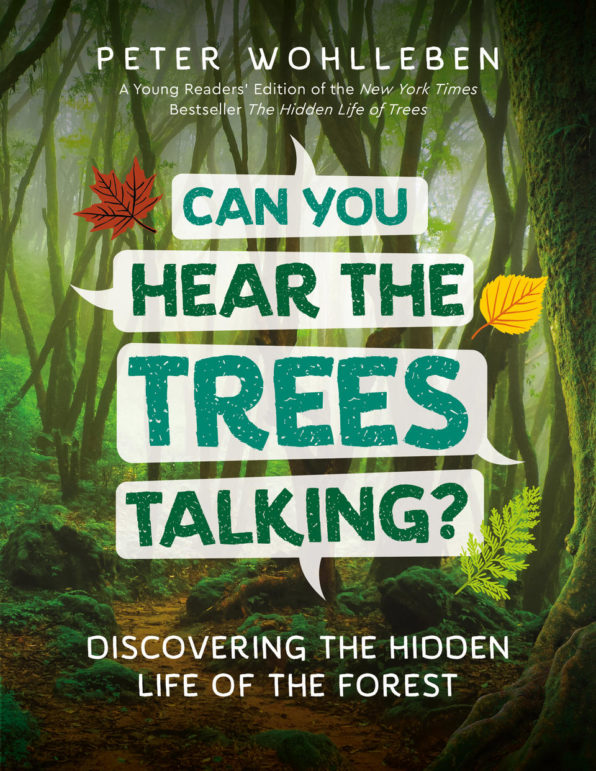
Can You Hear the Trees Talking?: Discovering the Hidden Life of the Forest by Peter Wohlleben (Greystone Kids).
A walk in the park will never be the same after kids discover this awe-inspiring book. Meet Peter Wohlleben—but you can call him Peter the Forester! With his groundbreaking, internationally bestselling book The Hidden Life of Trees, Peter Wohlleben established himself as a global advocate for forests and our relationship with trees. Now, Peter shares his famous imagination and storytelling style with children, asking surprising questions about trees with exciting quizzes, photographs, and hands-on activities to help even the most reluctant learners discover the answers. Can You Hear the Trees Talking? shares the mysteries and magic of the forest in language kids will love and understand.
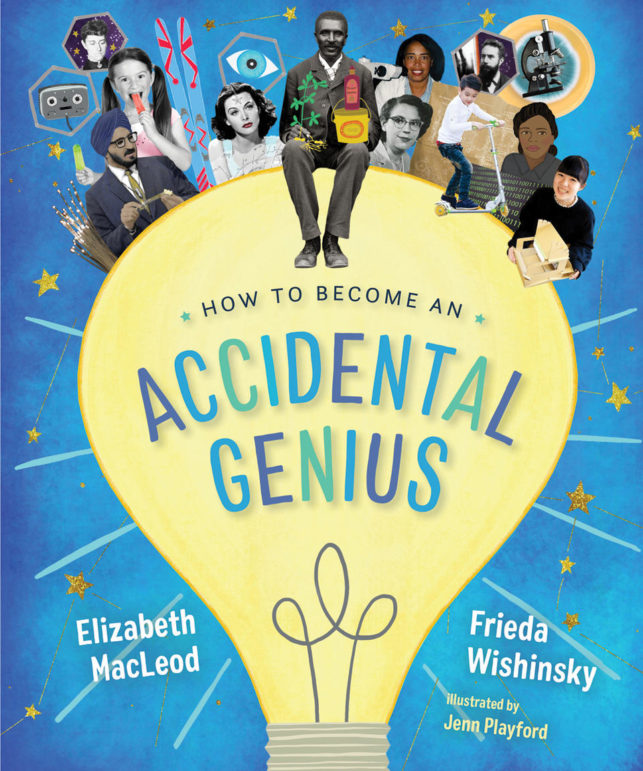
How to Become an Accidental Genius by Elizabeth MacLeod and Frieda Wishinsky, illustrated by Jenn Playford (Orca Book Publishers).
Don’t be afraid to try! Make connections! Be persistent! Ask questions and never take no for an answer! Learn the secrets and amazing stories of successful inventors! How to Become an Accidental Genius is full of inspiring tales of famous and lesser-known inventors who have changed the world, from George Washington Carver, Mary Anderson (inventor of the windshield wiper) and inventor and actress Hedy Lamarr to Frank Epperson (of Popsicle fame) and Mary Sherman Morgan (The Woman Who Saved the U.S. Space Race). Readers will be amazed at the inventiveness of these geniuses. The book focuses on inventors from North America but includes stories from around the world. Organized into eleven chapters that highlight the qualities inventors have in common, the book also features profiles of inventive kids and teenagers.
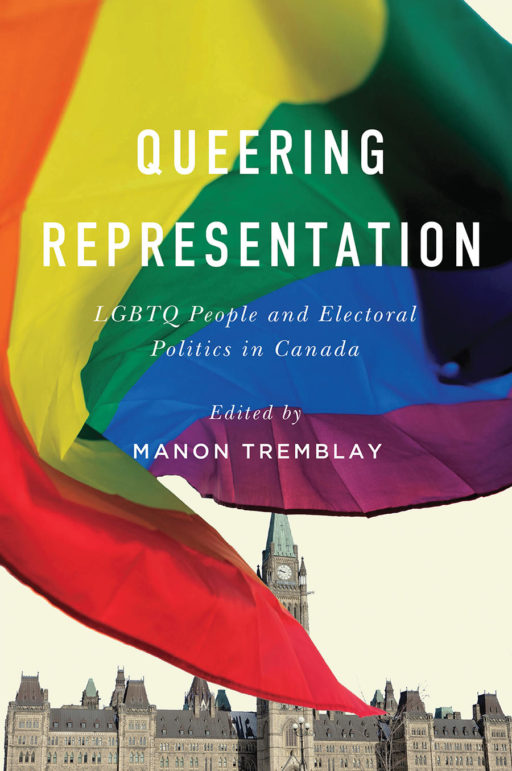
Queering Representation: LGBTQ People and Electoral Politics in Canada edited by Manon Tremblay (UBC Press).
Political representation requires participation: voting, joining political parties, running as candidates, acting as politicians. Yet the election of openly LGBTQ people is a relatively recent phenomenon in the West. Queering Representation explores long-ignored issues relating to LGBTQ voters and politicians in Canada. What are the LGBTQ electorate’s characteristics and voting behaviours? What part do the media play in framing straight voters’ perceptions of out LGBTQ politicians? What pathways to power do LGBTQ politicians follow? Do they represent LGBTQ people and communities, and if so, how is this role articulated? And finally, how do Canadian party ideologies shape LGBTQ representation?
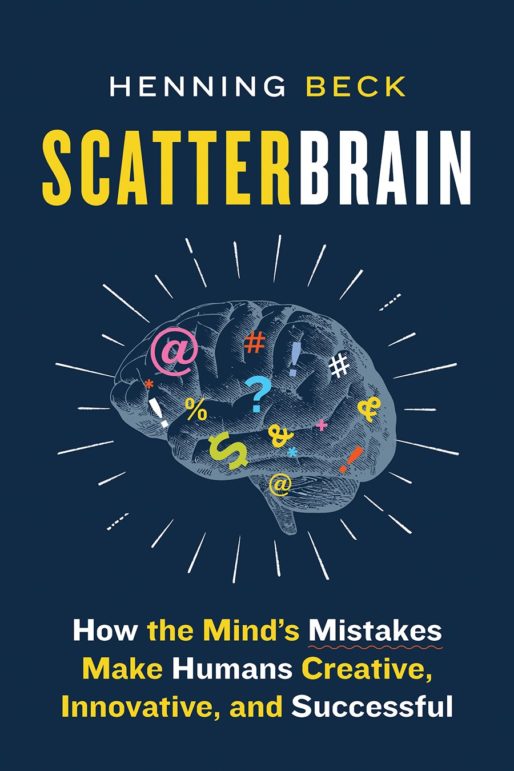
Scatterbrain: How the Mind’s Mistakes Make Humans Creative, Innovative, and Successful by Henning Beck (Greystone Books).
In this mind-bending book, an esteemed neuroscientist explains why perfectionism is pointless—and argues that mistakes, missteps, and flaws are the keys to success. In Scatterbrain, we learn that boredom awakens the muse, distractions spark creativity, and misjudging time creates valuable memories, among other benefits of our faulty minds. Throughout, award-winning neuroscientist Henning Beck’s hilarious asides and brain-boosting advice make for delightful reading of the most cutting-edge neuroscience our brains will (maybe never) remember.

